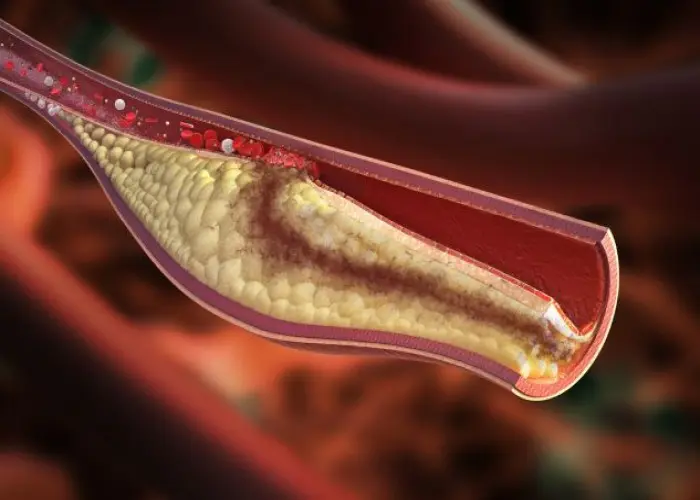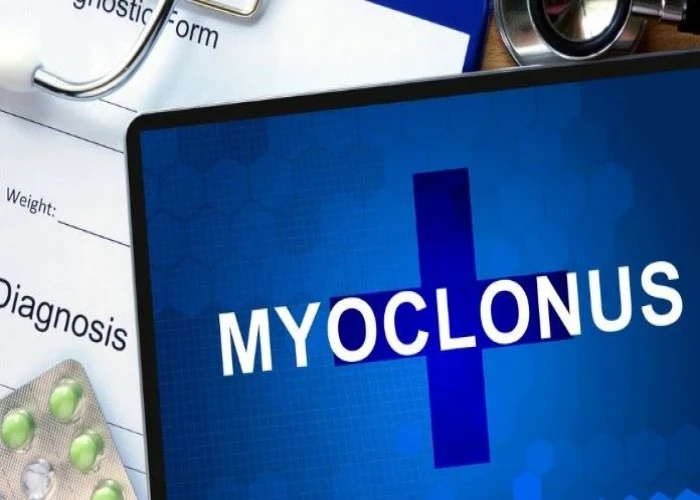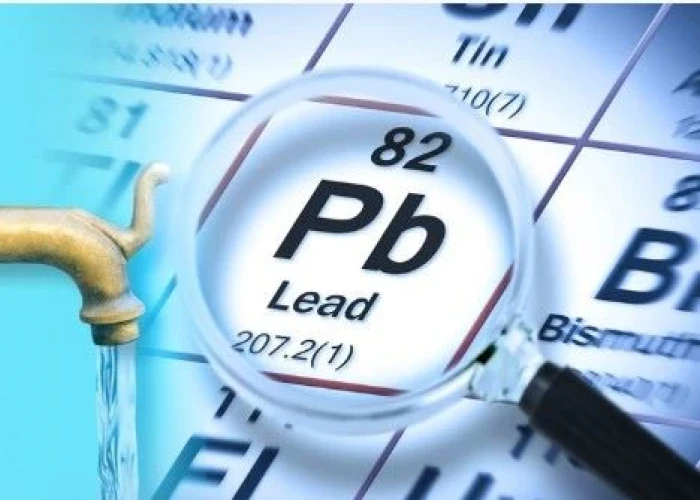 Welcome
Welcome
“May all be happy, may all be healed, may all be at peace and may no one ever suffer."
Acute coronary syndrome

Acute coronary syndrome (ACS) is a group of conditions that involves a sudden and potentially life-threatening disruption of blood flow to the heart muscle. This can lead to chest pain, shortness of breath, lightheadedness, and other symptoms.
The most common cause of ACS is a blockage of one or more of the coronary arteries, which are the blood vessels that supply blood and oxygen to the heart muscle. Blockages can occur due to the buildup of plaque, a substance made up of fatty deposits, calcium, and other materials, in the walls of the arteries.
Diagnosis of ACS is typically made through a physical examination, electrocardiogram (ECG), blood tests, and imaging tests such as an angiogram or coronary computed tomography angiogram (CTA).
Treatment for ACS can vary depending on the severity of the condition but may include medications to dissolve or remove the blockage, such as aspirin, anticoagulants, or clot-busting drugs, as well as procedures such as angioplasty or coronary artery bypass surgery.
It's important to seek medical attention immediately if you have symptoms that suggest ACS, as prompt treatment can help prevent a heart attack, improve blood flow to the heart, and improve overall health outcomes. In some cases, ACS can lead to serious complications and even death, so early diagnosis and treatment are critical.
Research Papers
Disease Signs and Symptoms
- Chest pain
- Pain spreading from the chest to the shoulders, arms, upper abdomen, back, neck or jaw
- Nausea or vomiting
- Indigestion
- Shortness of breath (dyspnea)
- Heavy sweating (diaphoresis)
- Dizziness, lightheadedness or faintness
- Fatigue (Tiredness)
- Anxiety, agitation or restlessness
Disease Causes
Acute coronary syndrome
Acute coronary syndrome usually results from the buildup of fatty deposits (plaques) in and on the walls of coronary arteries, the blood vessels delivering oxygen and nutrients to heart muscles.
When a plaque deposit ruptures or splits, a blood clot forms. This clot blocks the flow of blood to heart muscles.
When the supply of oxygen to cells is too low, cells of the heart muscles can die. The death of cells — resulting in damage to muscle tissues — is a heart attack (myocardial infarction).
Even when there is no cell death, the decrease in oxygen still results in heart muscles that don't work the way they should. This change may be temporary or permanent. When acute coronary syndrome doesn't result in cell death, it is called unstable angina.
Disease Prevents
Disease Treatments
The immediate goals of treatment for acute coronary syndrome are:
- Relieve pain and distress
- Improve blood flow
- Restore heart function as quickly and as best as possible
Long-term treatment goals are to improve overall heart function, manage risk factors and lower the risk of a heart attack. A combination of drugs and surgical procedures may be used to meet these goals.
Medications
Depending on your diagnosis, medications for emergency or ongoing care (or both) may include the following:
- Thrombolytics (clot busters) help dissolve a blood clot that's blocking an artery.
- Nitroglycerin improves blood flow by temporarily widening blood vessels.
- Antiplatelet drugs help prevent blood clots from forming and include aspirin, clopidogrel (Plavix), prasugrel (Effient) and others.
- Beta blockers help relax your heart muscle and slow your heart rate. They decrease the demand on your heart and lower blood pressure. Examples include metoprolol (Lopressor, Toprol-XL) and nadolol (Corgard).
- Angiotensin-converting enzyme (ACE) inhibitors widen blood vessels and improve blood flow, allowing the heart to work better. They include lisinopril (Prinivil, Zestril), benazepril (Lotensin) and others.
- Angiotensin receptor blockers (ARBs) help control blood pressure and include irbesartan (Avapro), losartan (Cozaar) and several others.
- Statins lower the amount of cholesterol moving in the blood and may stabilize plaque deposits, making them less likely to rupture. Statins include atorvastatin (Lipitor), simvastatin (Zocor, Flolipid) and several others.
Surgery and other procedures
Your doctor may recommend one of these procedures to restore blood flow to your heart muscles:
- Angioplasty and stenting. In this procedure, your doctor inserts a long, tiny tube (catheter) into the blocked or narrowed part of your artery. A wire with a deflated balloon is passed through the catheter to the narrowed area. The balloon is then inflated, opening the artery by compressing the plaque deposits against your artery walls. A mesh tube (stent) is usually left in the artery to help keep the artery open.
- Coronary bypass surgery. With this procedure, a surgeon takes a piece of blood vessel (graft) from another part of your body and creates a new route for blood that goes around (bypasses) a blocked coronary artery.
Disease Diagnoses
Disease Allopathic Generics
Disease Ayurvedic Generics
Disease Homeopathic Generics
-
Apis mellifica
Q Strength 4/5 drops twice daily.
-
Cactus grandiflorus
Q Strength 4/5 drops twice daily.
-
Calcarea carbonica
3X power shatters 3 grain levels.
-
Crataegus
Q Strength 4/5 drops twice daily.
-
Kali mur
200 Strength.
-
Lachesis
30, 200 Strength.
Disease yoga
Acute coronary syndrome and Learn More about Diseases

X-linked agammaglobulinemia

Farsightedness

Scabies

Broken ankle

Myoclonus

Lead poisoning

Yeast infection (vaginal)

Parvovirus infection
Acute coronary syndrome, Nstemi, Unstable angina, ST elevation myocardial infarction, তীব্র করোনারি সিন্ড্রোম
To be happy, beautiful, healthy, wealthy, hale and long-lived stay with DM3S.



